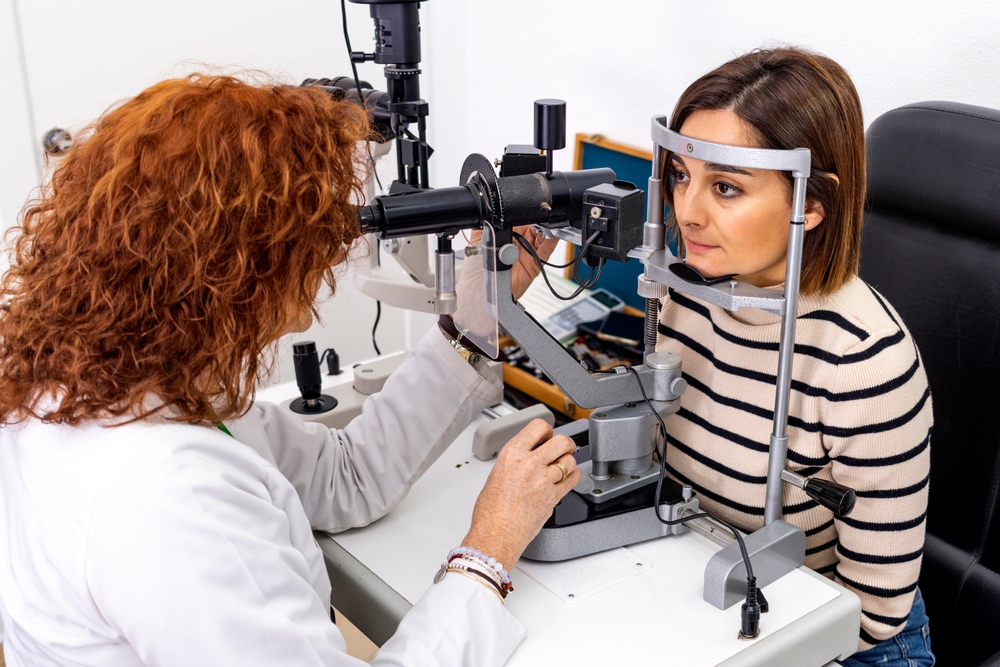
Diabetes affects more than just your blood sugar—it can also significantly impact your vision. One of the most important steps you can take to protect your eyesight if you have diabetes is to schedule regular diabetic eye exams. These comprehensive eye exams are specifically designed to detect early signs of eye conditions related to diabetes, many of which can develop without noticeable symptoms until vision loss occurs.
Why Diabetic Eye Exams Matter
High blood sugar levels can damage the tiny blood vessels in your eyes, particularly in the retina—the light-sensitive tissue at the back of the eye. This damage can lead to a range of diabetic eye conditions, including:
Diabetic Retinopathy: The most common diabetic eye disease, it occurs when blood vessels in the retina swell, leak, or close off entirely, leading to vision loss.
Diabetic Macular Edema (DME): A complication of diabetic retinopathy, DME involves swelling in the macula—the part of the retina responsible for sharp central vision.
Cataracts and Glaucoma: People with diabetes are at a higher risk of developing cataracts at an earlier age and are nearly twice as likely to develop glaucoma.
Early Detection is Key
The most concerning aspect of diabetic eye disease is that it can progress silently. You may not notice any changes in your vision until the condition is advanced. That’s why early detection through an annual diabetic eye exam is critical. By catching problems early, your eye doctor can recommend treatments or lifestyle changes to help prevent further damage and preserve your vision.
What to Expect During a Diabetic Eye Exam
A diabetic eye exam at Eye Center of Brookings includes a thorough evaluation of your retina using advanced imaging technology. Your pupils will be dilated to allow for a better view of the retina and optic nerve. Your eye doctor will check for any signs of leaking blood vessels, swelling, or abnormal growths.
How Often Should You Schedule an Exam?
The American Diabetes Association recommends that individuals with type 1 diabetes receive an eye exam within five years of diagnosis and annually thereafter. Those with type 2 diabetes should have their first eye exam at the time of diagnosis and continue with yearly exams. However, your doctor may recommend more frequent exams if signs of eye disease are already present.
Schedule Your Diabetic Eye Exam Today
Diabetic eye exams are a crucial part of managing your overall health if you live with diabetes. These exams allow for early detection and treatment of vision-threatening conditions that often show no early warning signs. Protecting your eyesight starts with prevention—and that means making your diabetic eye exams a priority.
If you have diabetes, schedule your comprehensive diabetic eye exam with Eye Center of Brookings to stay op top of your eye health. Visit our office in Brookings, Oregon, or call (541) 469-6923 to book an appointment today.






